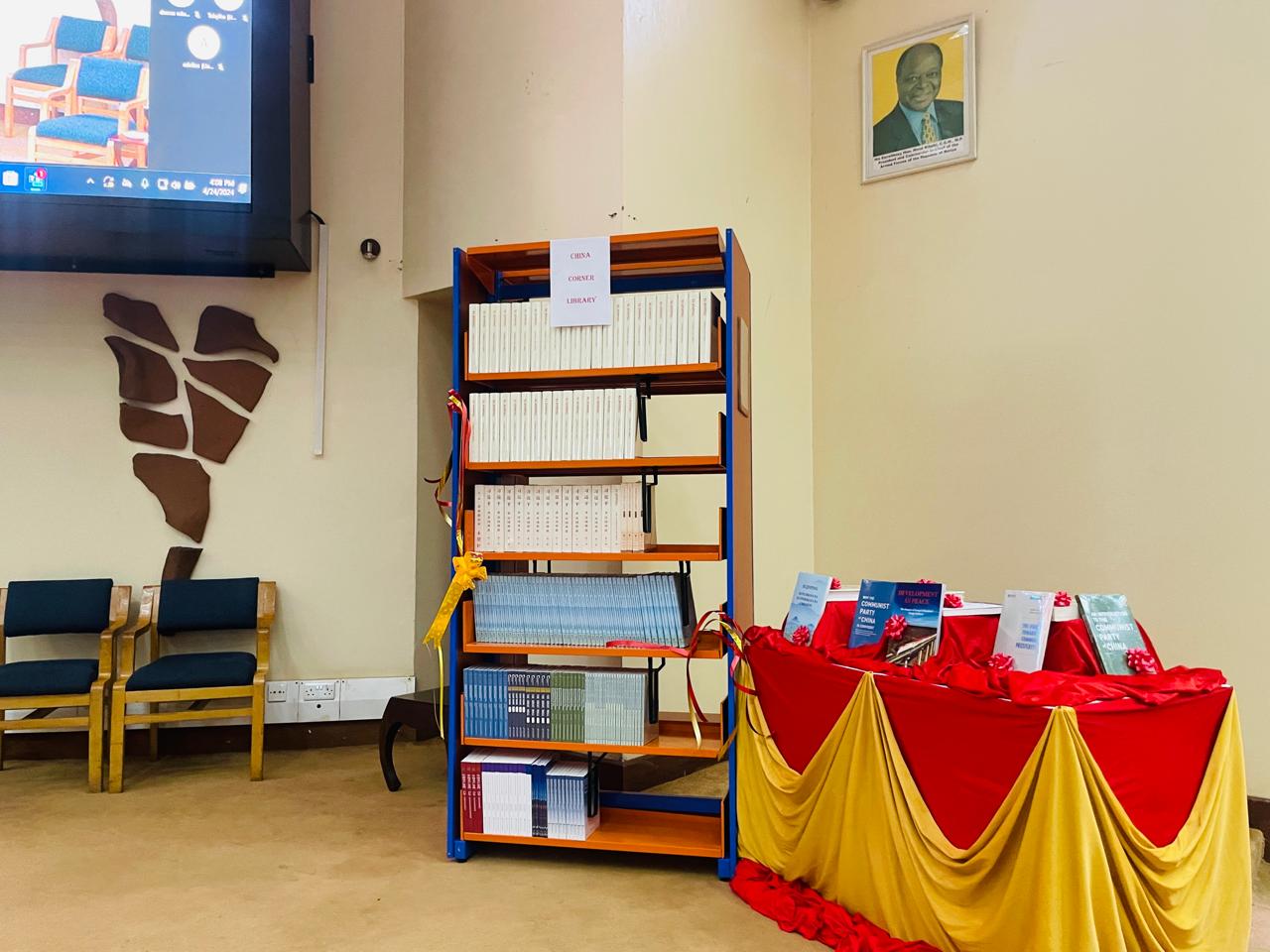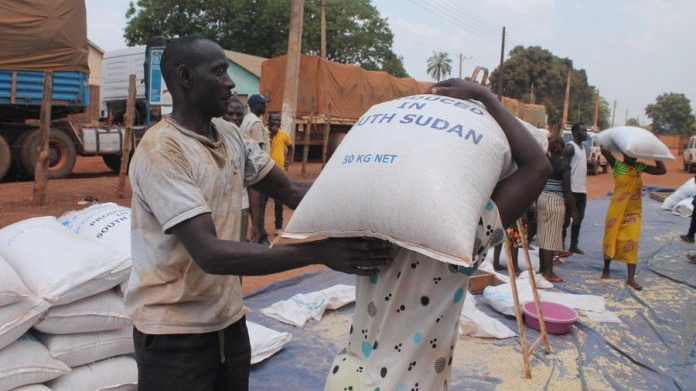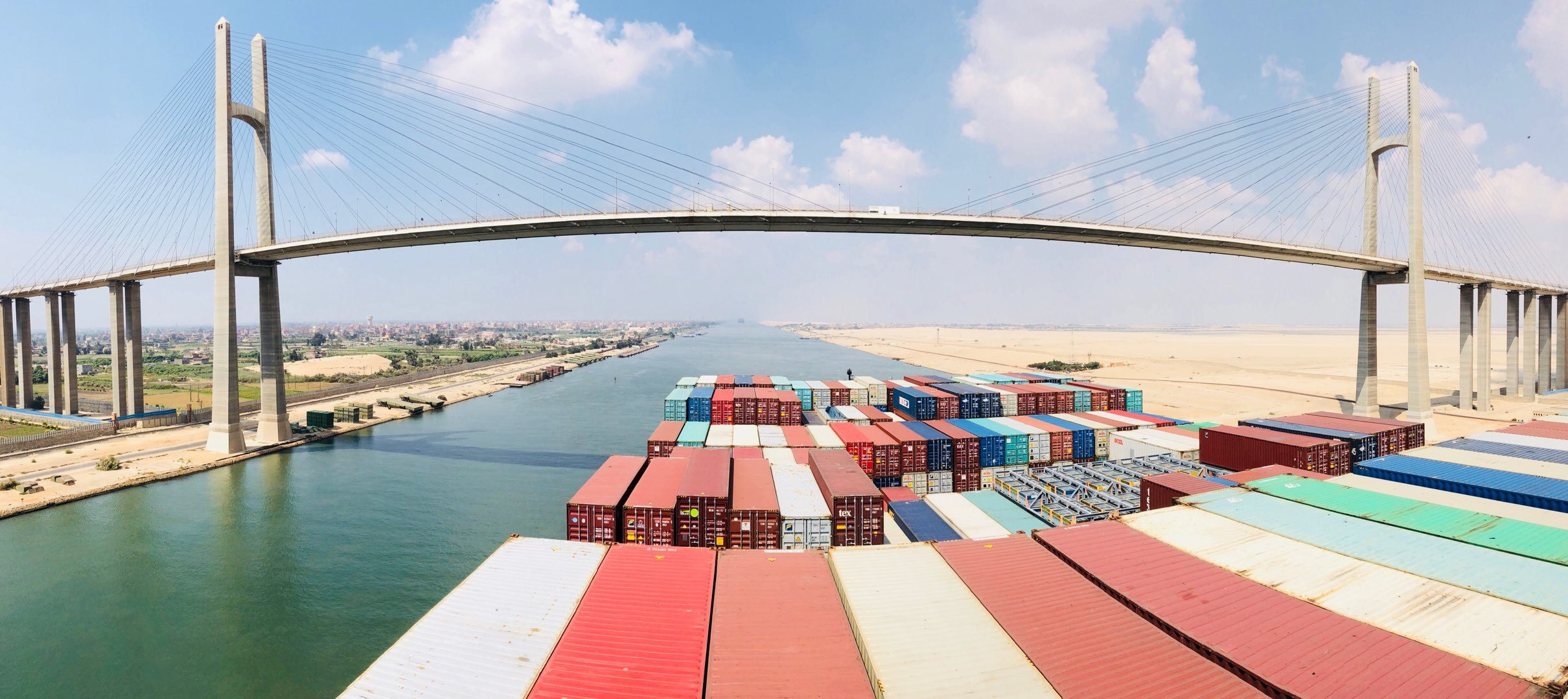Nigerian company suspends cough syrup distribution

A Nigerian company says it has suspended distribution of its cough syrup after a BBC investigation into its role in an addiction epidemic.
Emzor Pharmaceuticals has also dismissed a company executive who was caught selling 60 bottles of cough syrup to an undercover reporter.
The syrup, containing the highly addictive opioid, codeine, is used by young Nigerians to get high.
The company has promised a “full and thorough” internal investigation.
The documentary has also prompted a response from Nigeria’s first lady, Aisha Buhari, who said in an Instagram post she was “deeply saddened” by the rise of the problem, especially in the north of Nigeria.
“I call on all security agencies, lawmakers, judiciary, drug manufacturers, civil society, regulators, teachers, parents, neighbours and you to take this as a personal war and halt the menace,” she added
Cough syrup is legal, but it is against the law to sell it to people without a doctor’s prescription or those who do not have a pharmaceutical licence.
The BBC’s undercover team caught the Emzor executive boasting he could sell “one million cartons” in a week on the black market.
The Nigerian Senate estimates that as many as three million bottles of codeine syrup are drunk every single day in just two states, Kano and Jigawa.
But Emzor told the BBC its representative only had access to a very limited amount of its brand of syrup, Emzolyn with codeine, and could not sell large quantities illegally.
Emzor has now released a statement on Facebook, announcing the suspension and emphasising its commitment to the proper “handling, production, storing and distribution of products containing codeine”.
“We hope the findings of the documentary will shed further light on the extent and impact of the illicit trade and consumption of codeine,” the statement said. “We hope that full stakeholder engagement will result in impactful action against the abuse, smuggling and faking of drugs on the continent.”
BBC






